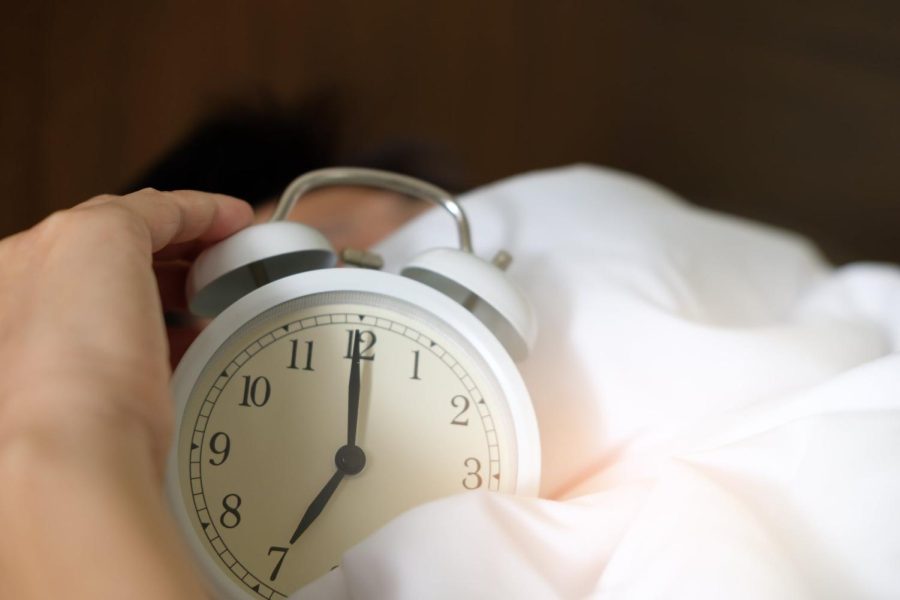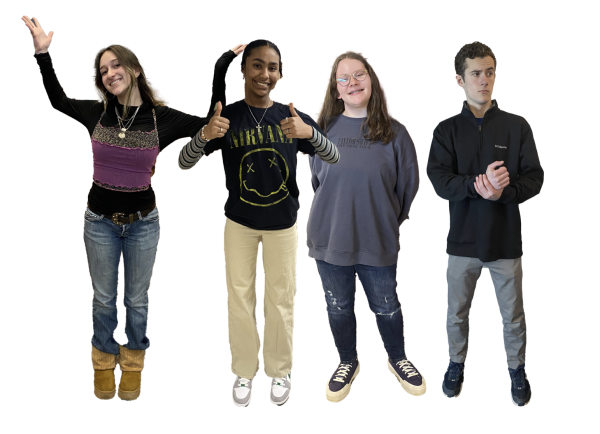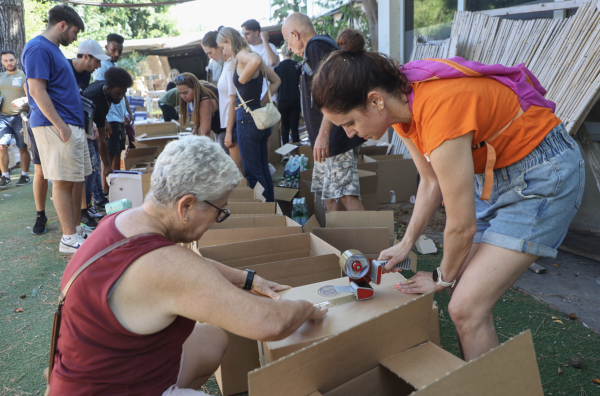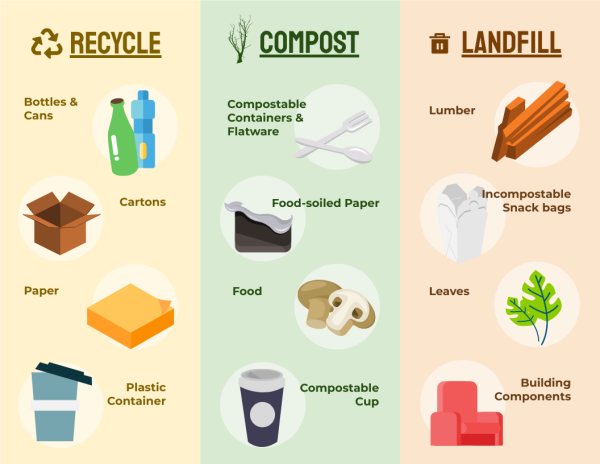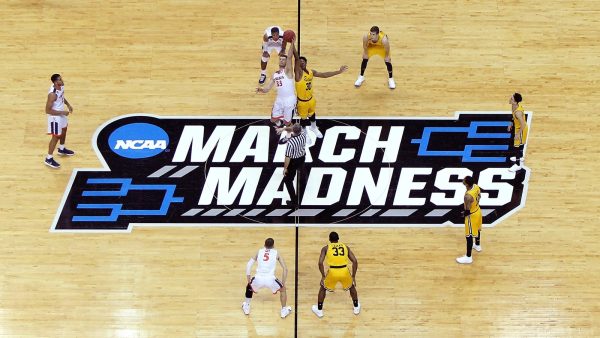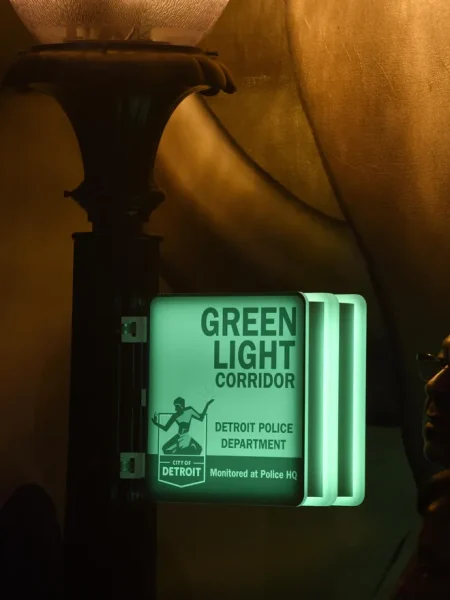The Consequences of Your Sleep Schedule
Throughout one’s life, high school is a time known for not getting enough sleep. Many students, maybe even you, are up into the late hours of the night. But have you ever wondered why? In order to figure this out, let’s take a look at some of Berkley’s own students’ sleep habits.
First is freshman Allie Capuano. Capuano goes to bed at around two or three a.m. every night, getting only four to six hours of sleep per night. She explained how she is usually up reading for a while before bed. After staying up so late each night, she has fallen into this routine and that has become her normal (unhealthy) sleep schedule. She says one of the reasons this might be is because of caffeine. She drinks coffee almost every day and says that if she didn’t, she would be “such a different person,” such as being moodier and a little out of it. Caffeine has also kept her up at night, though.
Caffeine is a big stimulant and is well known for keeping people awake, so drinking coffee later in the day will inevitably cause you to stay awake later. This could be a big factor for why Capuano falls asleep so late. If this is your problem, make sure not to drink caffeine at least six hours before you want to go to bed because the effects of caffeine will have worn off by then.
But many people drink coffee just for the taste. Coffee is a go-to morning drink that many drink with their breakfast and such, but oftentimes people don’t realize the effects caffeine has on somebody’s day. According to Betterhealth.vic.gov, “These effects can include increased breathing and heart rate, and increased mental alertness and physical energy.” If you drink energy drinks or soda, the sugar alone is horrible for you. So, if you drink coffee or other caffeinated drinks just for the taste, try drinking it decaffeinated instead.
If you are like Capuano, you probably experience side effects of not getting enough sleep, such as having trouble focusing and comprehending things and struggling to keep your eyes open. Capuano explains how she has become so used to these things that they are barely even noticeable which is a problem within itself. Really, the only thing you can do in this situation is trying to break your habit of falling asleep late every night. Some ways you could do this are by taking melatonin, meditating before bed, or trying breathing exercises that will help you sleep.
Freshman Kylie Bancroft is up late doing homework many nights of the week. She said that she goes to bed anywhere between twelve and three a.m., depending on her workload that night. Many people can probably relate to Bancroft because homework can be stressful. The best thing to do in that situation is to try and get your homework done before it gets too late. However, me telling you this probably isn’t going to change anything. In order to make this happen, you could try setting alarms to remind you to do homework, leave your phone or other distractions in a different place until your work is done, or come up with a reward for yourself when you finally finish your homework. You could also try more intricate strategies, like leaving a sticky note in the middle of your computer screen so the next time you open the screen you are reminded to do homework first. You could also use a system where you set a timer for ten minutes to do homework, then set another for five minutes to do whatever you want. This is helpful because it pushes you to do work, but still, have breaks.
Junior Maddy Pitler explains how she is up either watching TV or scrolling on her phone before bed. This causes her to stay up until one to three a.m. every night. She says that she is oftentimes tired during the school day and, “that causes [her] to be unmotivated to do school work during and after school.” As many people have probably told you in the past, using devices before bed can negatively affect your sleep. Danielle Pacheco from sleepfoundation.org backs this up by explaining how a 2011 Sleep in America Poll proved four in ten people bring their phones into bed before sleeping and that it was especially common from ages 13 to 29. Many studies have shown that the screen producing blue light can affect the production of melatonin which makes you able to fall asleep. And it is even worse if you check your phone in the middle of the night.
learning to cope with feelings of anxiety can help you fall asleep rather than impulsively check your social media.
— Rob Newsom
Another issue that Rob Newsom from sleepfoundation.org says comes from checking social media. Newsom says this comes from the fear of missing out (FOMO). He explains that social media produces this FOMO because it’s “characterized by a never-ending desire to stay connected to what others are doing and seeing.” This brings up the question, how does this affect your sleep? People who experience FOMO are more likely to check social media right before bed which will make you unconsciously stay awake. The best thing to do for this is to not have your phone near you when you are trying to sleep because of the distraction. Though that is a hard habit to break, you can set screen time limits to remind yourself not to use your phone past a certain time. Newsom explains that being aware of your FOMO can actually help. He says that “Learning to cope with feelings of anxiety can help you fall asleep rather than impulsively check your social media.” So, if you notice you do have FOMO, you could try relaxation exercises to help fall asleep.
Overall, using strategies for doing your homework, not drinking caffeine, FOMO, and screen time, in general, can all help you get a better night’s sleep in order to prevent feeling tired during the day.

Hi! I’m Lucy Cohen, one of the Spectator’s managing editors along with Violet Karp. I love being a part of the staff because of the creative articles...


